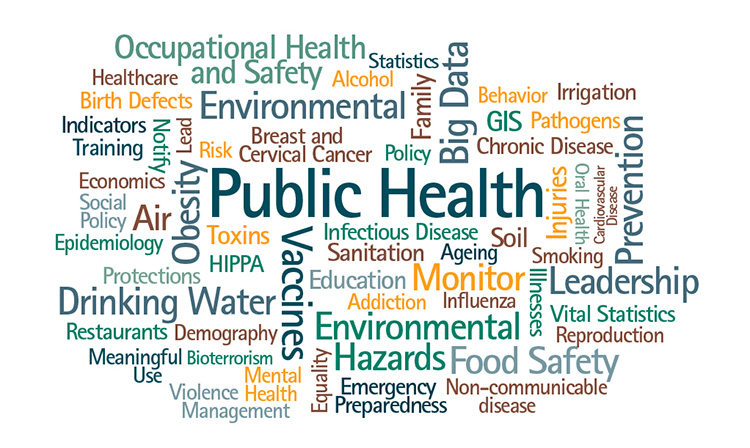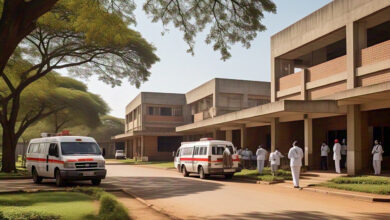Zimbabwe’s Healthcare System: Progress and Challenges

Healthcare in Zimbabwe
Healthcare in Zimbabwe, a country rich in natural resources and cultural heritage, has faced significant challenges over the past few decades. The healthcare system, once one of Africa’s most robust, is struggling due to political instability and economic mismanagement. Therefore, leading to a decline in both the quality and accessibility of health services. Despite these setbacks, there is a renewed optimism. A critical window of opportunity for reform and rebuilding in the wake of challenges.
The Decline of Zimbabwe’s Healthcare System
Furthermore, Zimbabwe’s healthcare system is not only neglected but also undermined through human rights abuses and economic mismanagement. The health system, once a cornerstone of the nation’s development, is in in ruins. The healthcare workforce, once highly trained and motivated, is being decimated by emigration. Moreover, over 4 000 health professionals leaving the country since 2021. The government’s spending on health dropped significantly, leaving hospitals without basic supplies and health workers underpaid and understaffed 1.
Economic and Political Reforms: A Turning Point?
The resignation of President Mugabe in November 2017 marked a turning point in Zimbabwe’s history. The new government, led by Emmerson Mnangagwa, has the opportunity to rebuild the healthcare system. Additionally, there is also an opportunity to address the long-standing issues that have hindered the sector’s development. This offers a chance to repair relationships with the international community. It also is an opportunity to strengthen the health workforce and prioritise innovative community-based models of care 1.
Accessibility Challenges in Rural Areas
Despite the challenges, Zimbabwe’s healthcare system retains its original foundations, making it relatively robust compared to other sub-Saharan African countries. However, access to healthcare services remains a significant issue, especially in rural areas. The lack of infrastructure, such as poor road conditions and unreliable electricity, makes it difficult for people to access health facilities. Additionally, the shortage of medical drugs and supplies in public health facilities further exacerbates the problem 3. Nonetheless, the government is making efforts by building clinics throughout the nation’s rural areas. This is providing improved healthcare in these remote areas.
The Road to Recovery
The road to recovery for Zimbabwe’s healthcare system is fraught with challenges. The government must address the understaffing and overburdening of the health sector. This has been exacerbated by the emigration of health workers. Moreover, the government needs to prioritise the healthcare system in its budget. It should develop a comprehensive health strategy that targets the most pressing health problems. Public emergency services throughout the country needs to be improved to save much more lives. Also, international support will be crucial in this endeavour. This is because Zimbabwe has relied heavily on funding agencies to support public services 6.
Conclusion
The future of healthcare in Zimbabwe lies in the hands of the current government and its international partners. By focusing on economic stability, strengthening the health workforce, and developing a comprehensive health strategy, Zimbabwe has the opportunity to rebuild its healthcare system and improve the health of its citizens. Despite the challenges, the resilience of the Zimbabwean people and the potential for international support make this a unique moment for reform and progress in the health sector 1 3 6.





